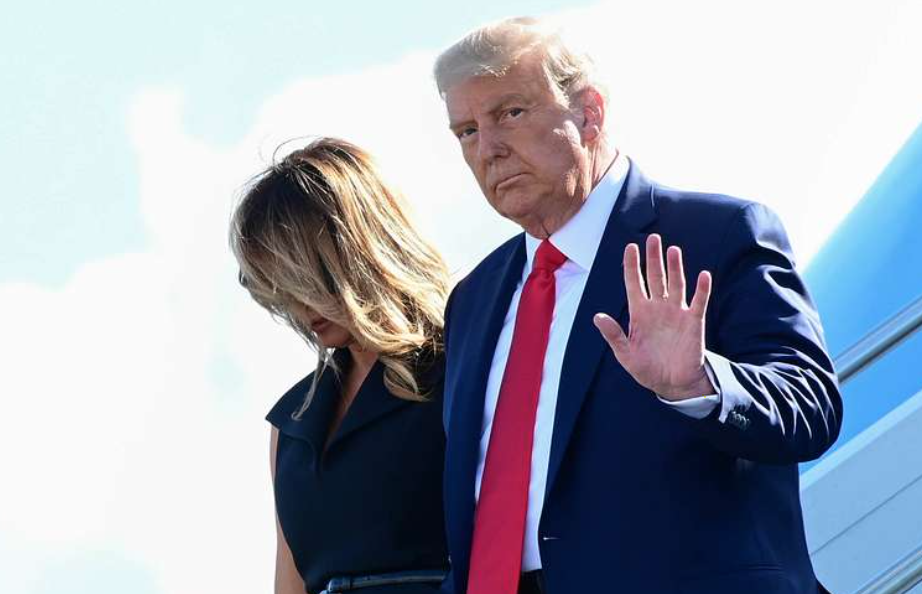Trump Signals His Next Move as Big Deadline Approaches

In a recent development, Donald Trump has hinted at potentially utilizing his constitutional protections to combat what he perceives as an excessively harsh penalty imposed on him.
This stems from a verdict in New York where he's been ordered to pay $464 million related to a civil fraud lawsuit initiated by Letitia James, a Democrat serving as the state's Attorney General.
Judge Arthur F. Engoron, last month, levied a $355 million fine against Trump, further compounded with an interest exceeding $100 million.
This decision was predicated on findings that The Trump Organization had exaggerated its asset values to secure favorable loan terms. In defense, Trump's legal team argued that since all bank loans were repaid promptly and in full, no parties suffered harm—in fact, the lending banks profited substantially.
Fox News reported that Trump's inability to secure a bond for appealing the case was communicated to the court by his attorneys, citing the enormity of the fine as a significant hurdle.
Trump voiced his frustration on Truth Social, stating, "Judge Engoron actually wants me to put up Hundreds of Millions of Dollars for the Right to Appeal his ridiculous decision. In other words, he is trying to take my Appellate Rights away from me."
He highlighted the dilemma of possibly having to liquidate or heavily mortgage valuable assets at potentially undervalued rates, which could result in irreversible losses should he succeed in the appeal.
The former president referenced the Eighth Amendment, suggesting it as a potential safeguard against the imposition of the hefty fine. This constitutional provision prohibits excessive fines, among other protections.
Trump shared insights from Andrew Cherkasky, a former federal prosecutor, who underscored the unusual nature of the situation and suggested that the Eighth Amendment might provide Trump with legal recourse, especially if attempts were made to seize iconic properties such as 40 Wall Street and Trump Tower. Cherkasky speculated on the feasibility of escalating the matter to the Supreme Court over perceived violations of the Eighth Amendment.
A column from the Los Angeles Daily News discussed how a Supreme Court case presided over by the late Justice Ruth Bader Ginsburg could offer Trump a legal precedent. The case in question, Timbs v. Indiana, saw a unanimous decision that the Eighth Amendment's stance on excessive fines applies to states, setting a precedent that might be favorable to Trump's argument.
Furthermore, a Wall Street Journal editorial criticized the $464 million bond requirement as a de facto denial of due process, suggesting that it could force Trump into disadvantageous asset liquidations that would have irreversible financial implications, particularly if he were to win on appeal.
This narrative concludes by questioning the fairness of the penalty, highlighting the lack of evidence that Trump's business dealings were deceitful or resulted in financial loss to his partners, thus emphasizing the importance of due process and the right to appeal in the justice system.